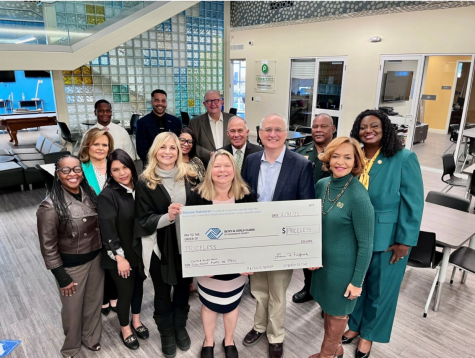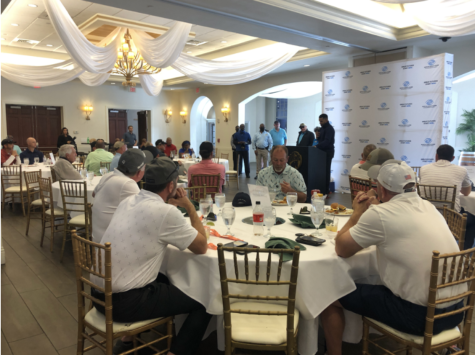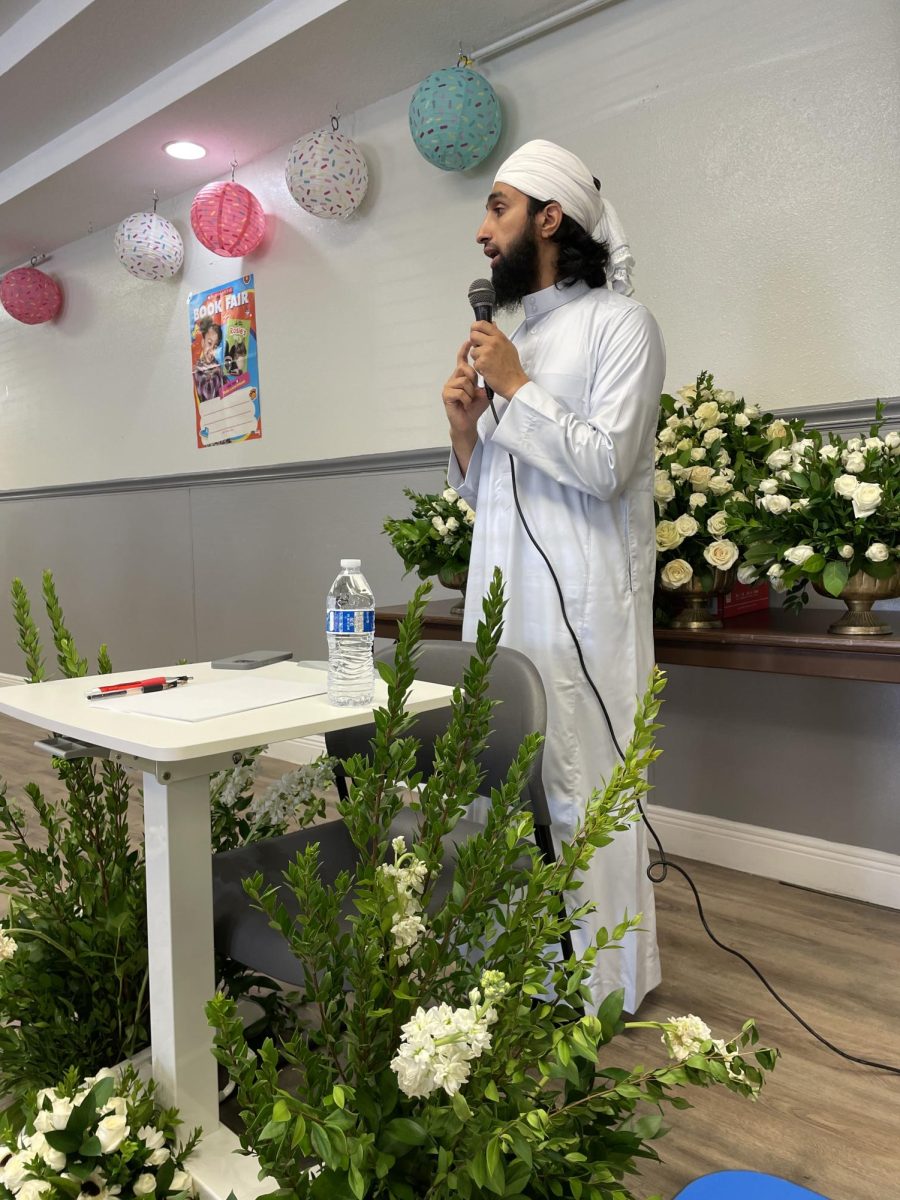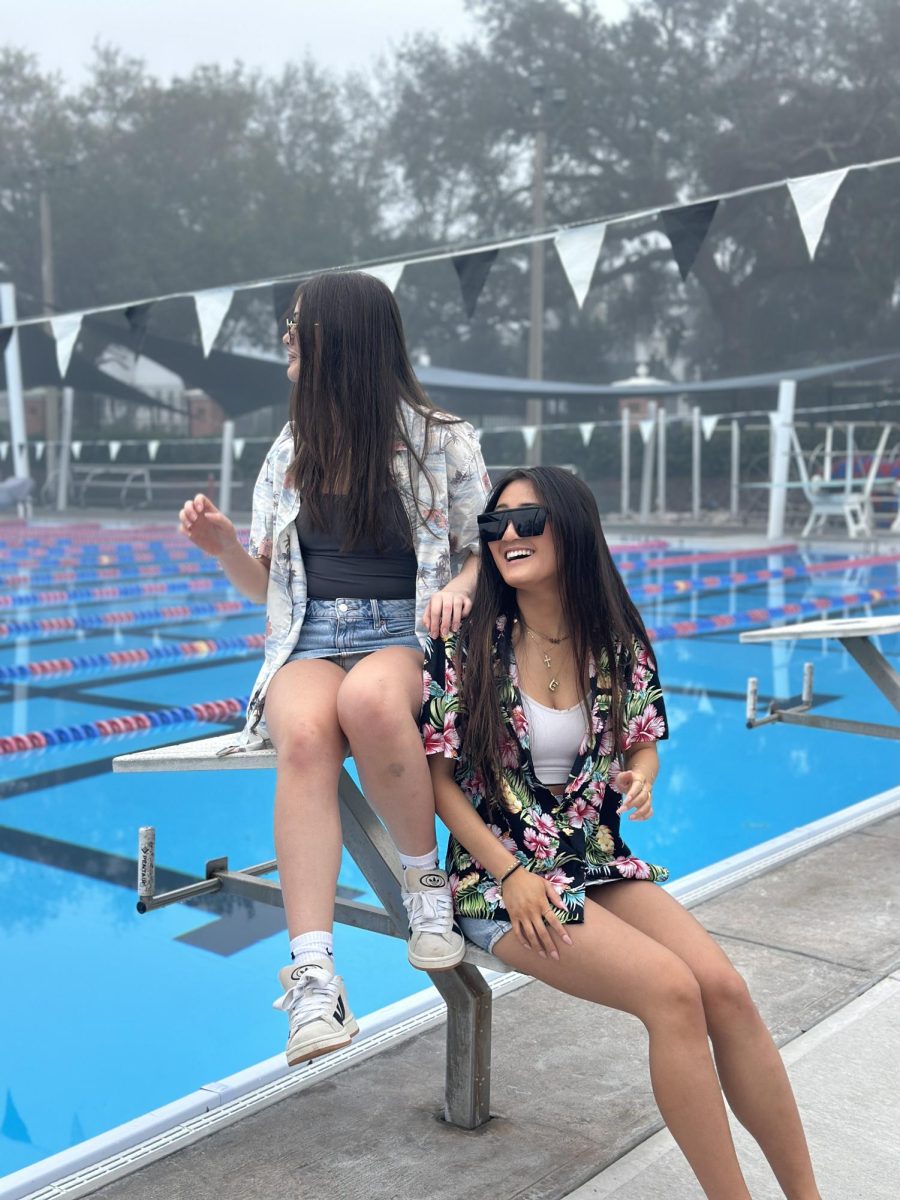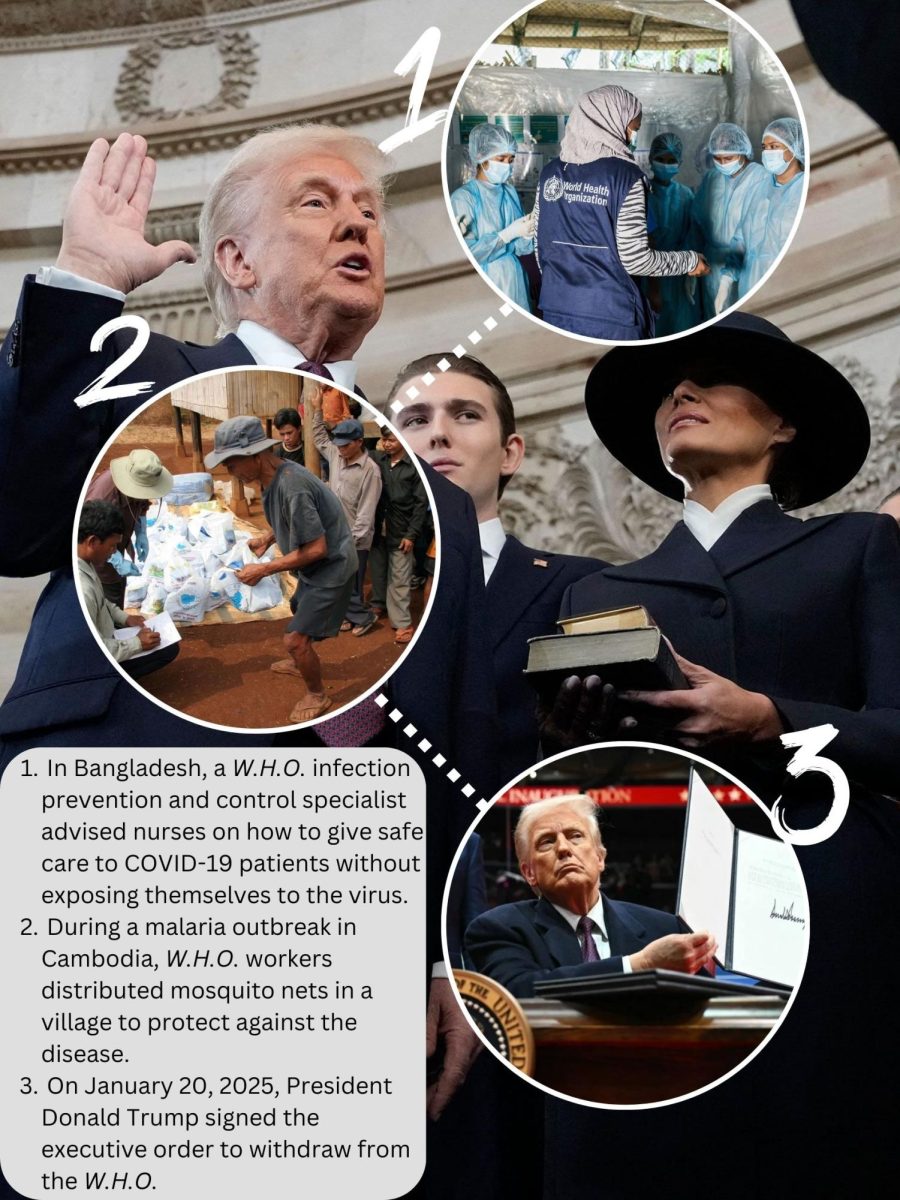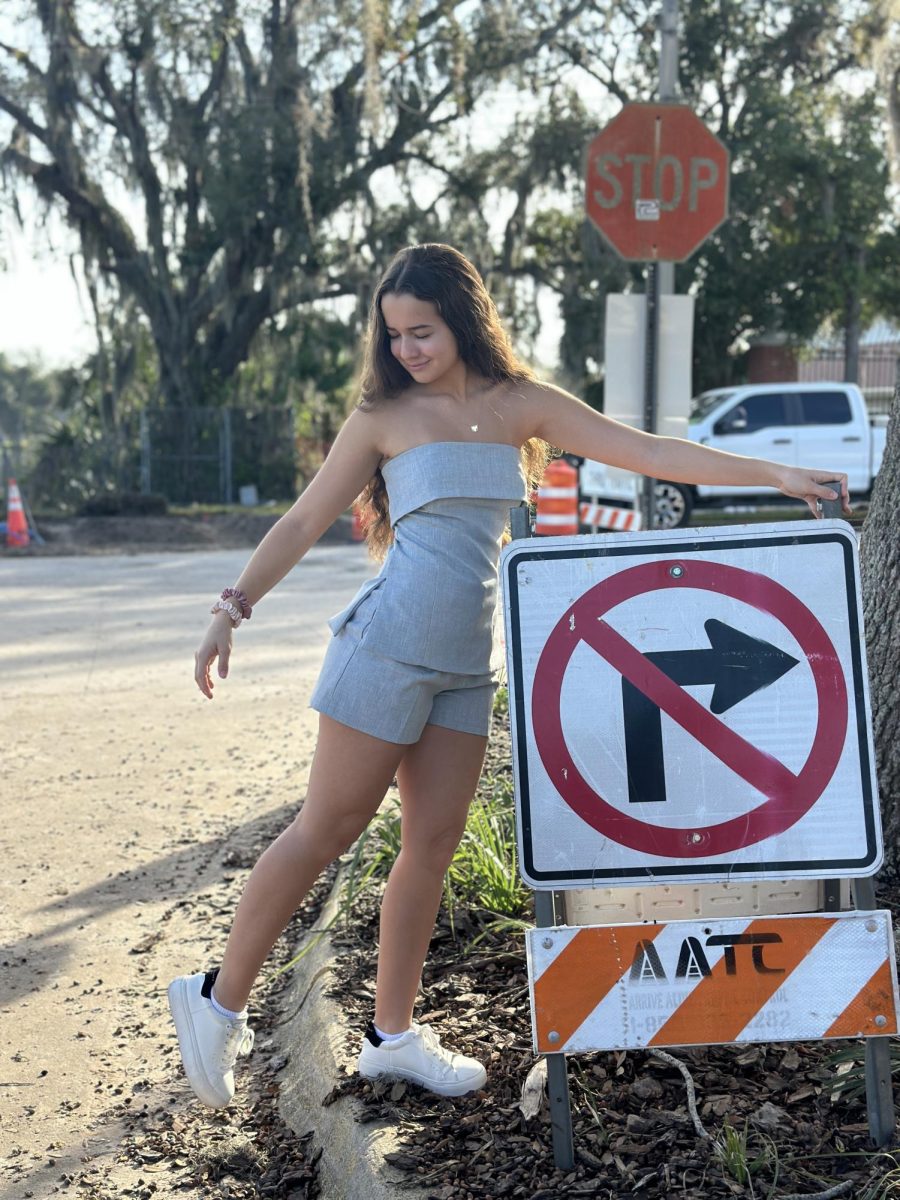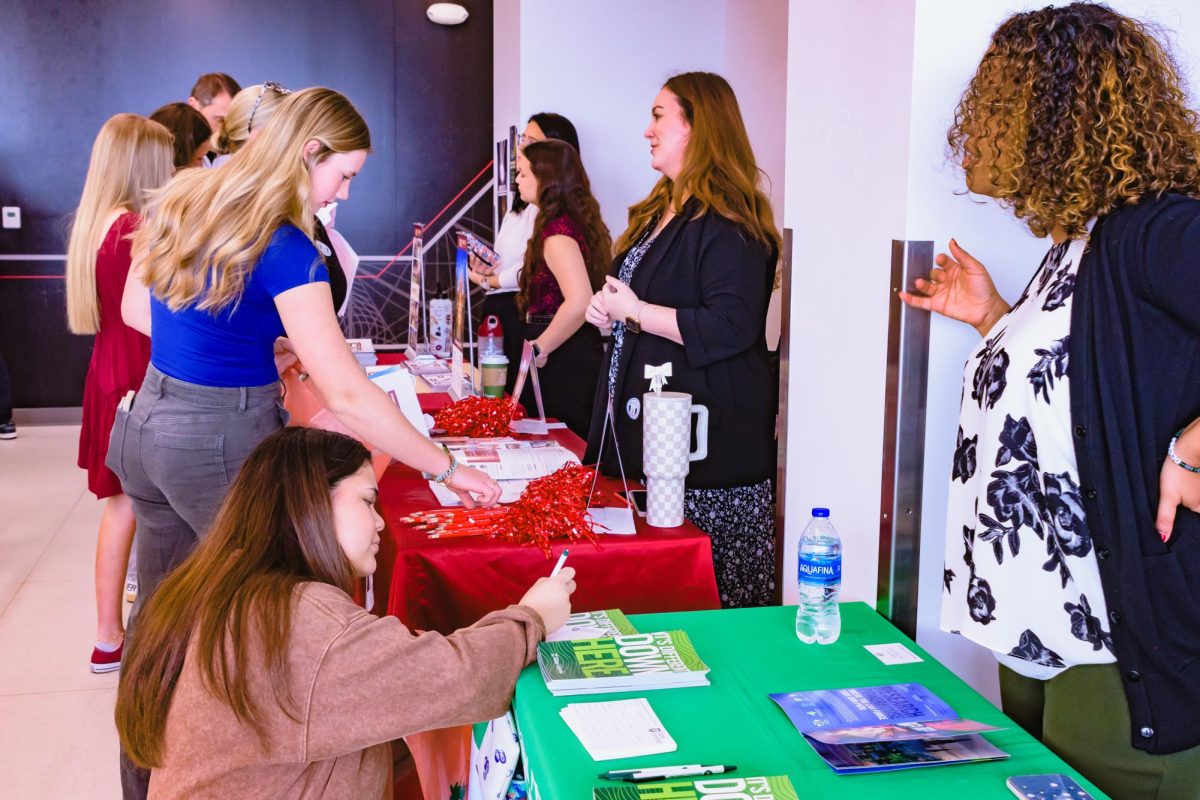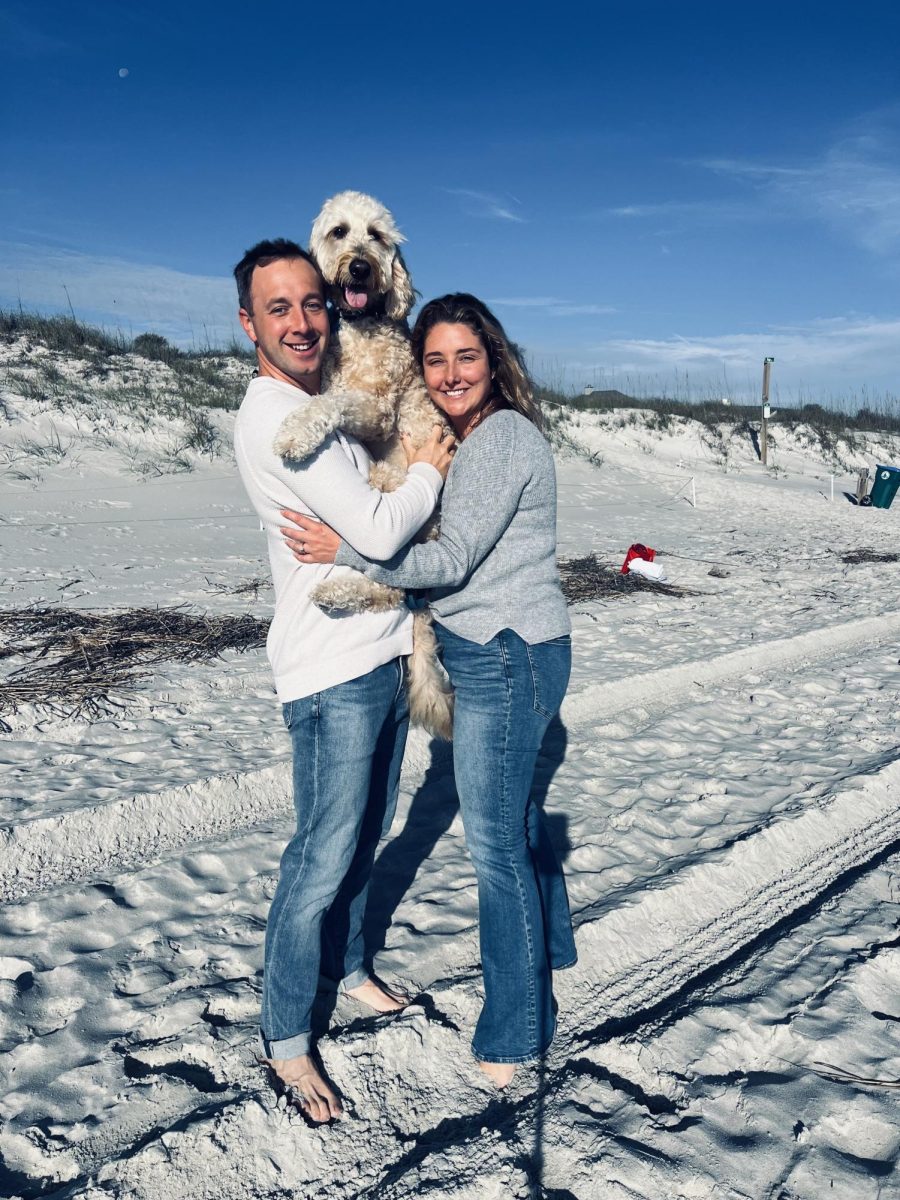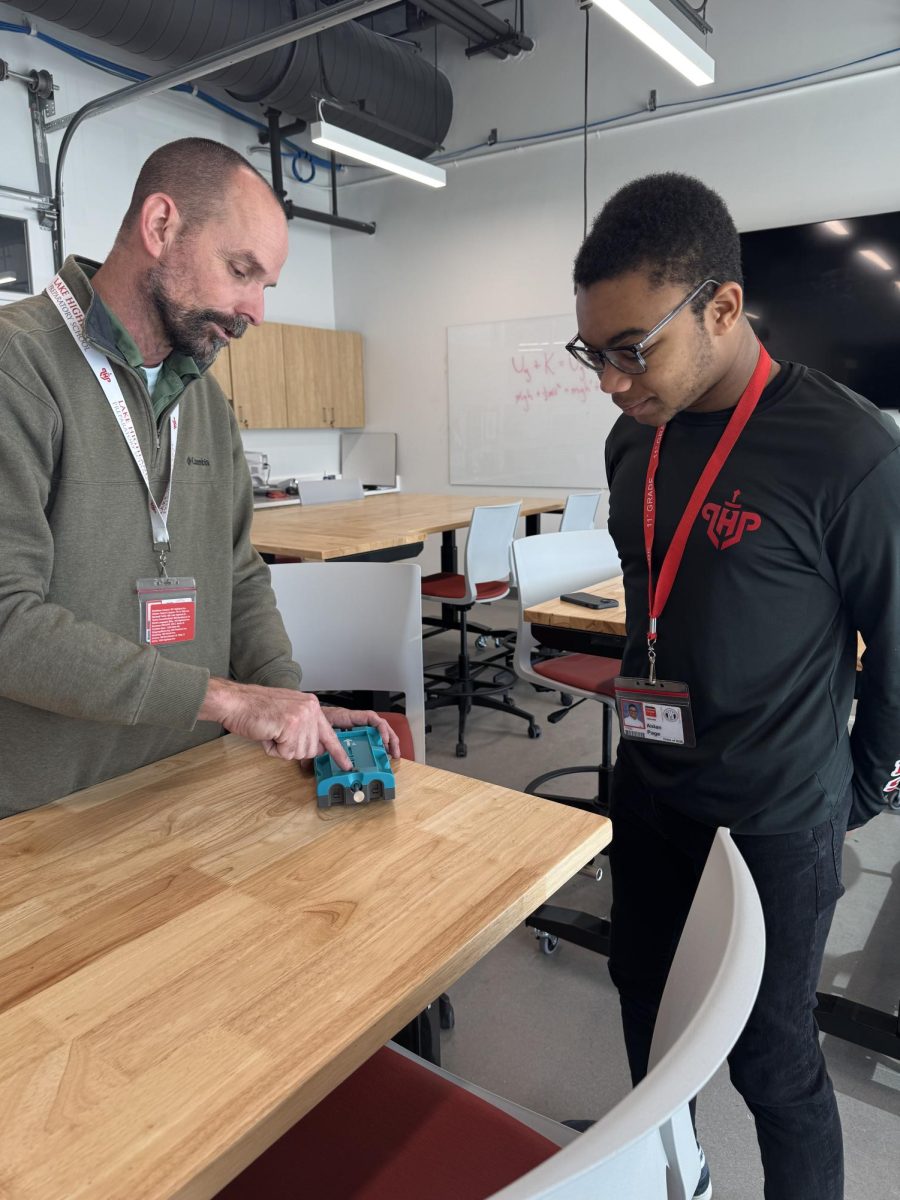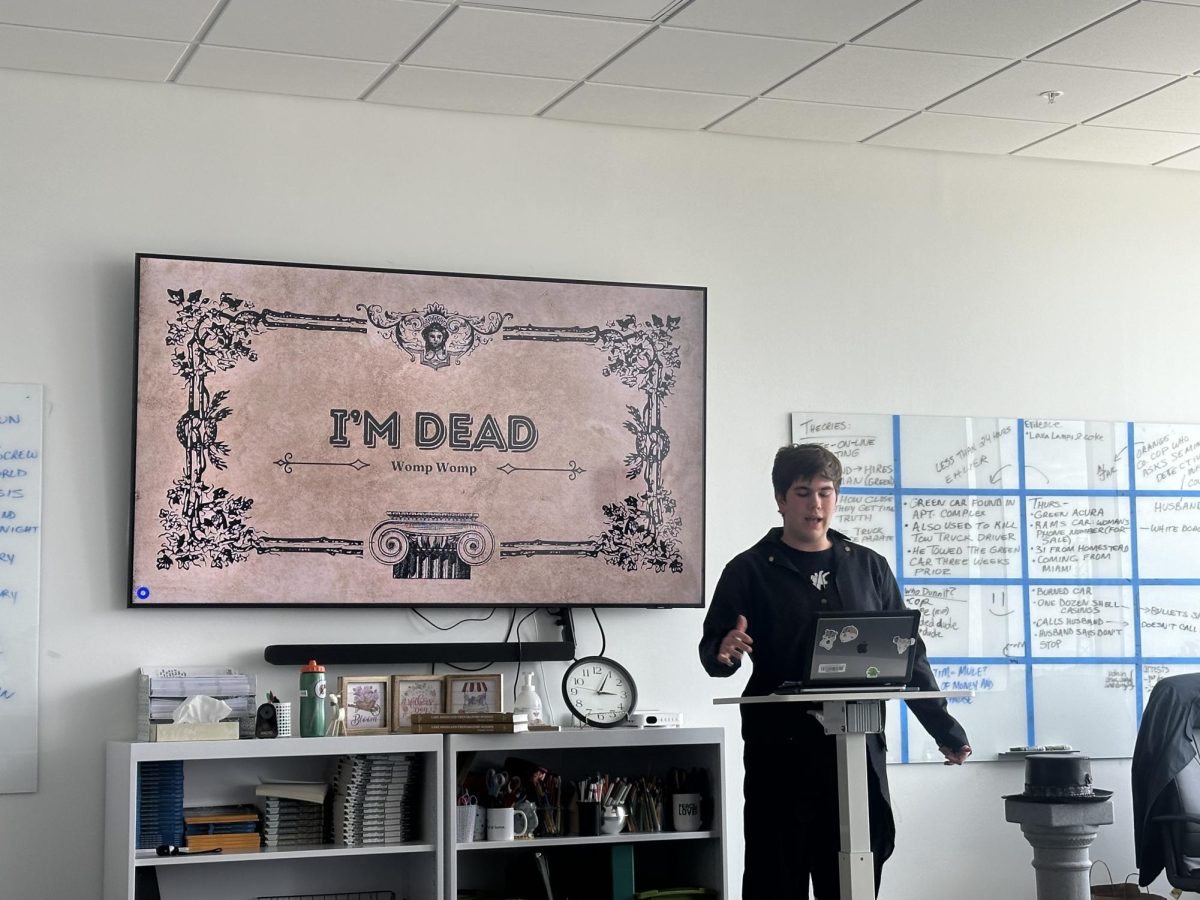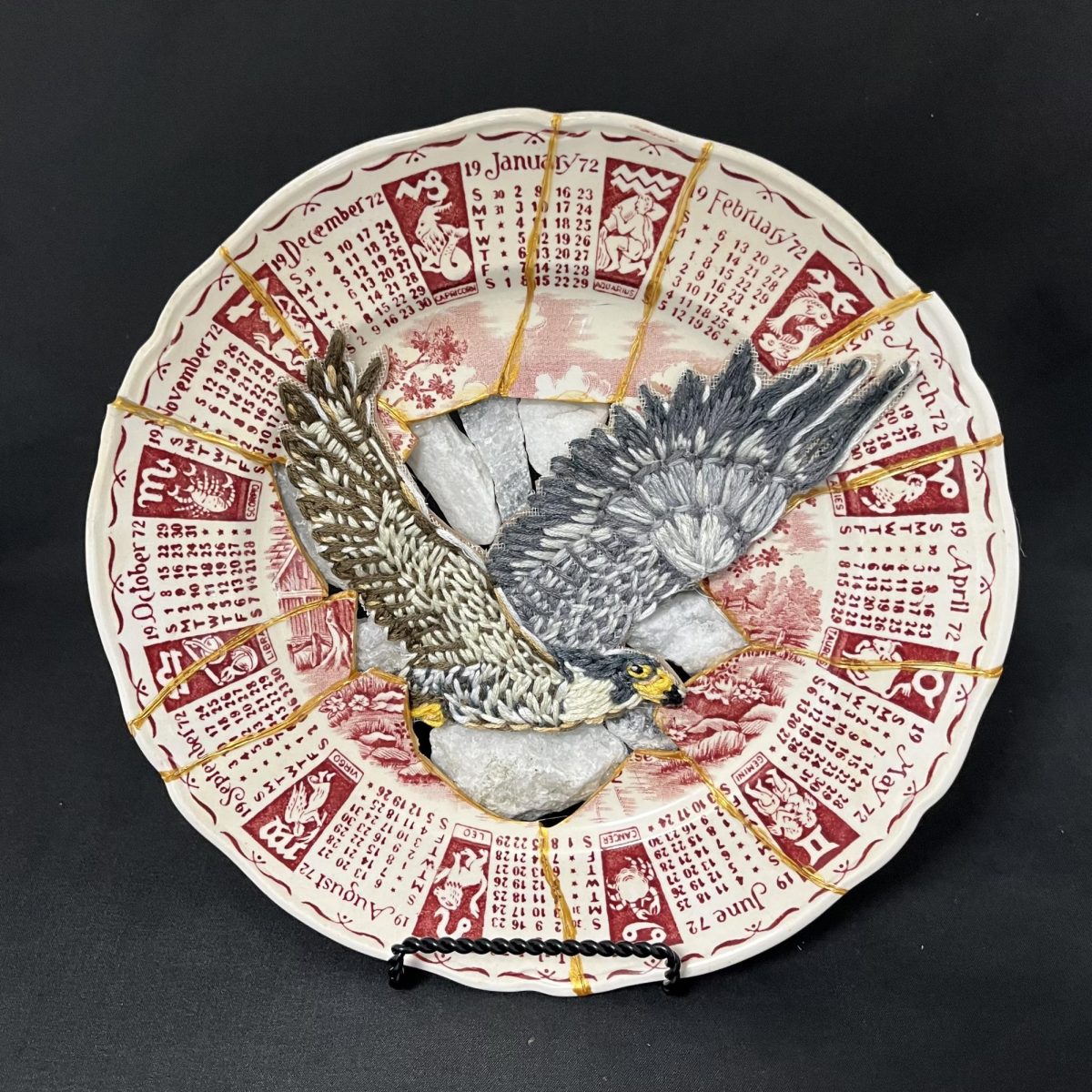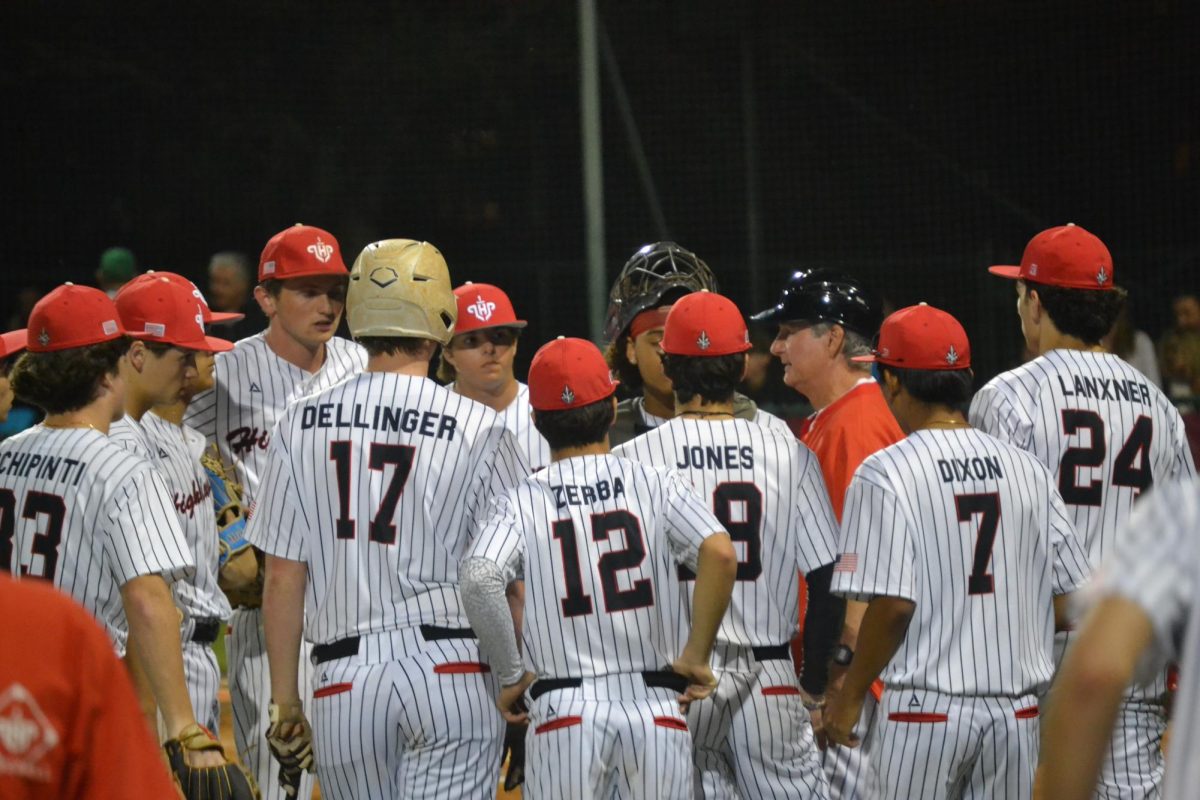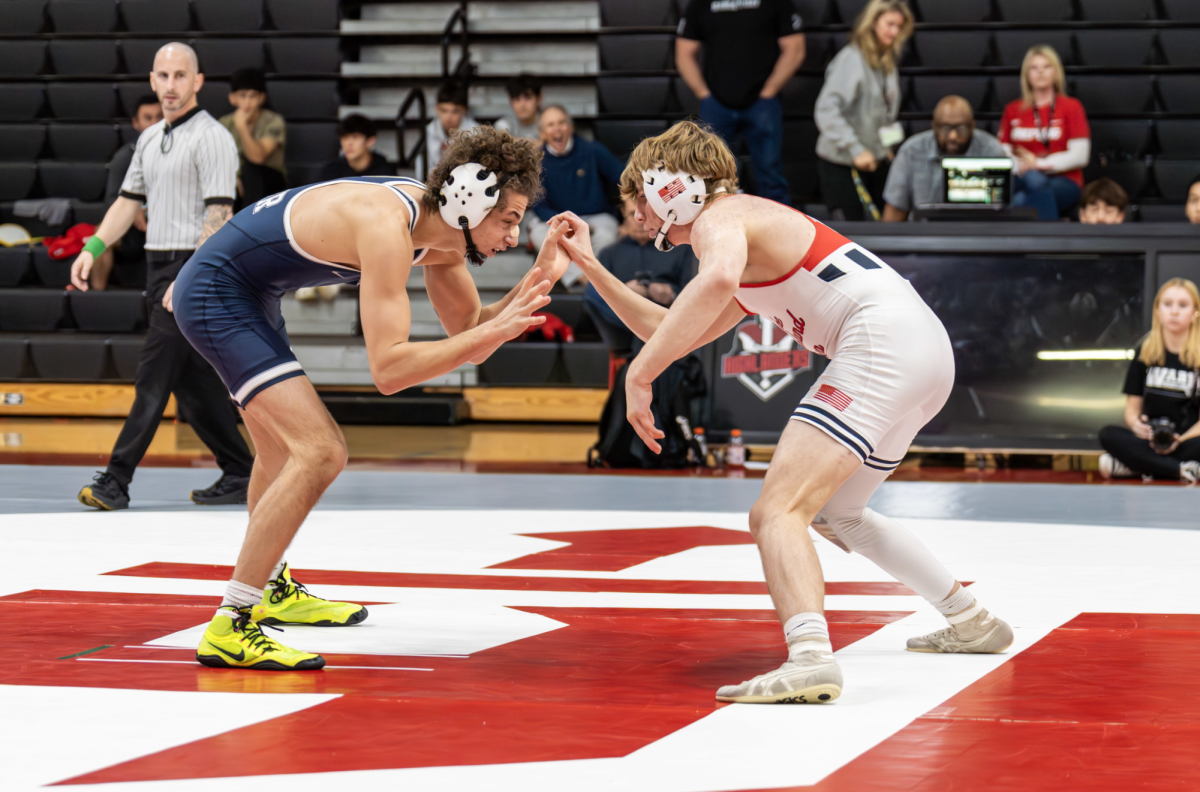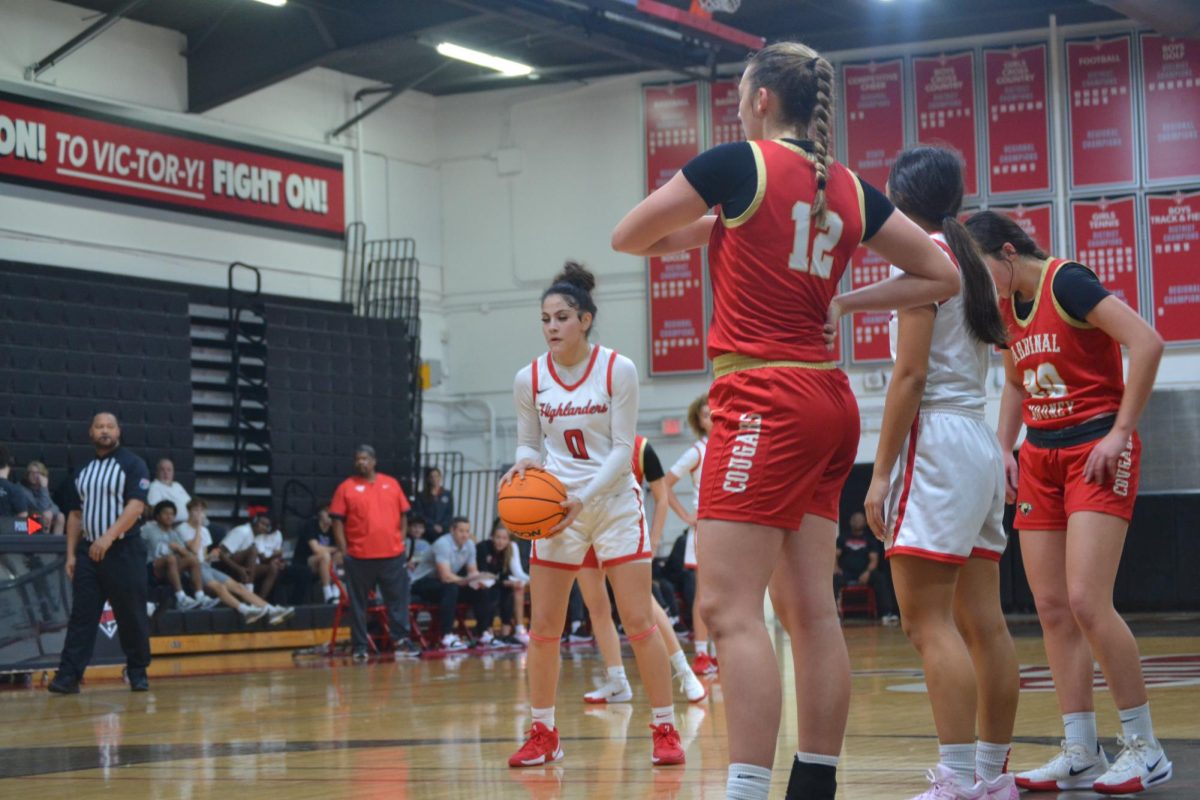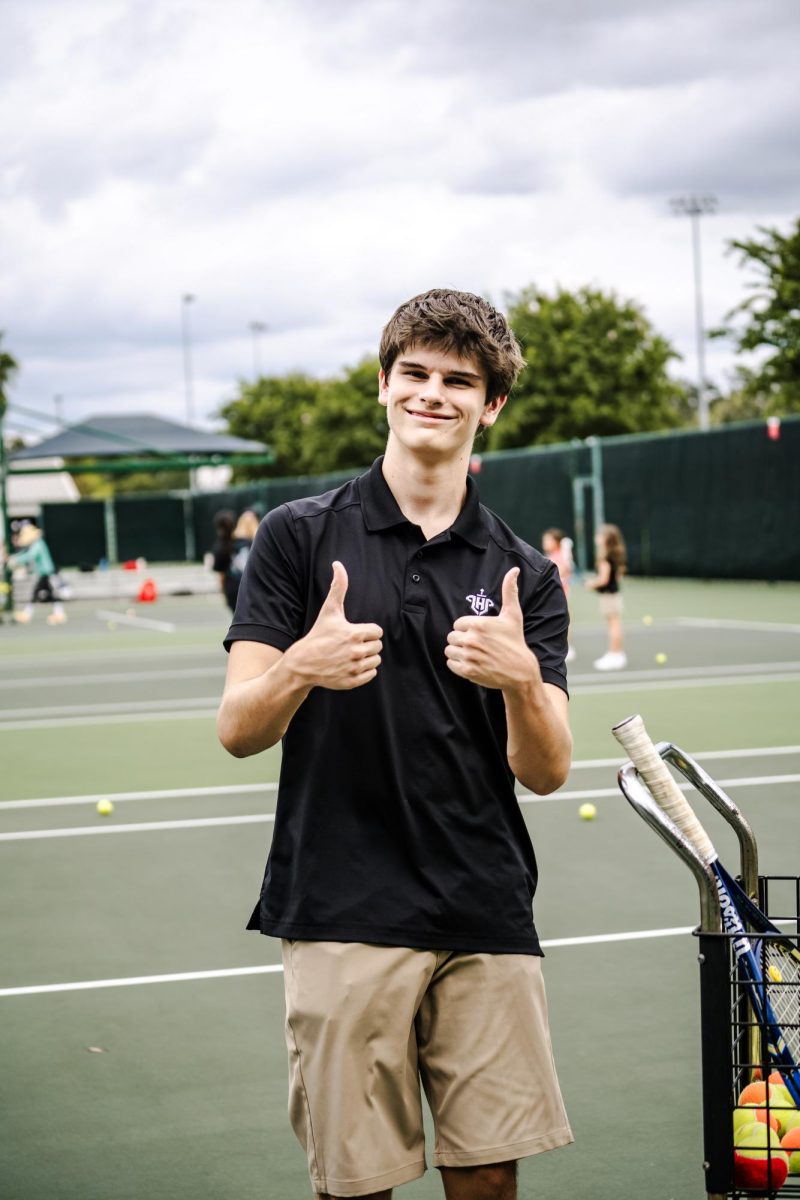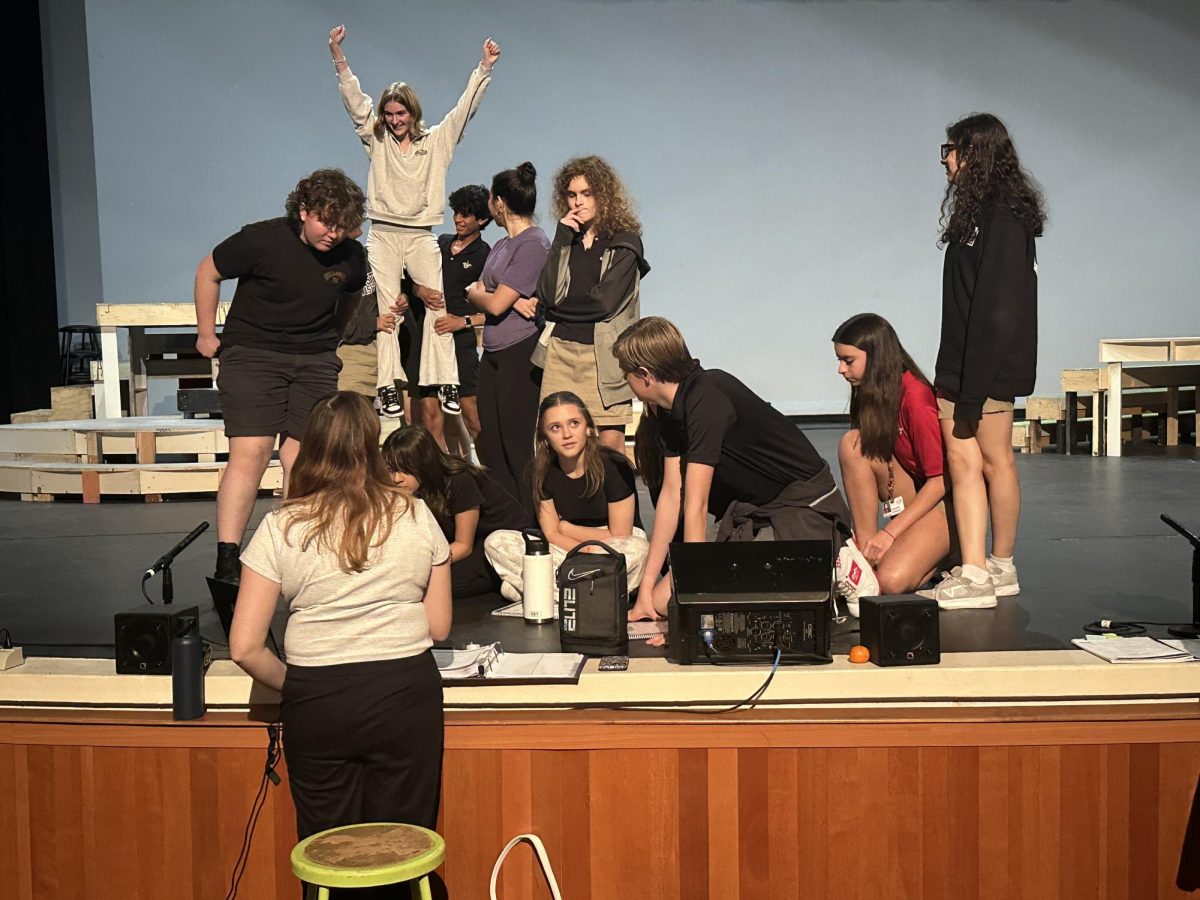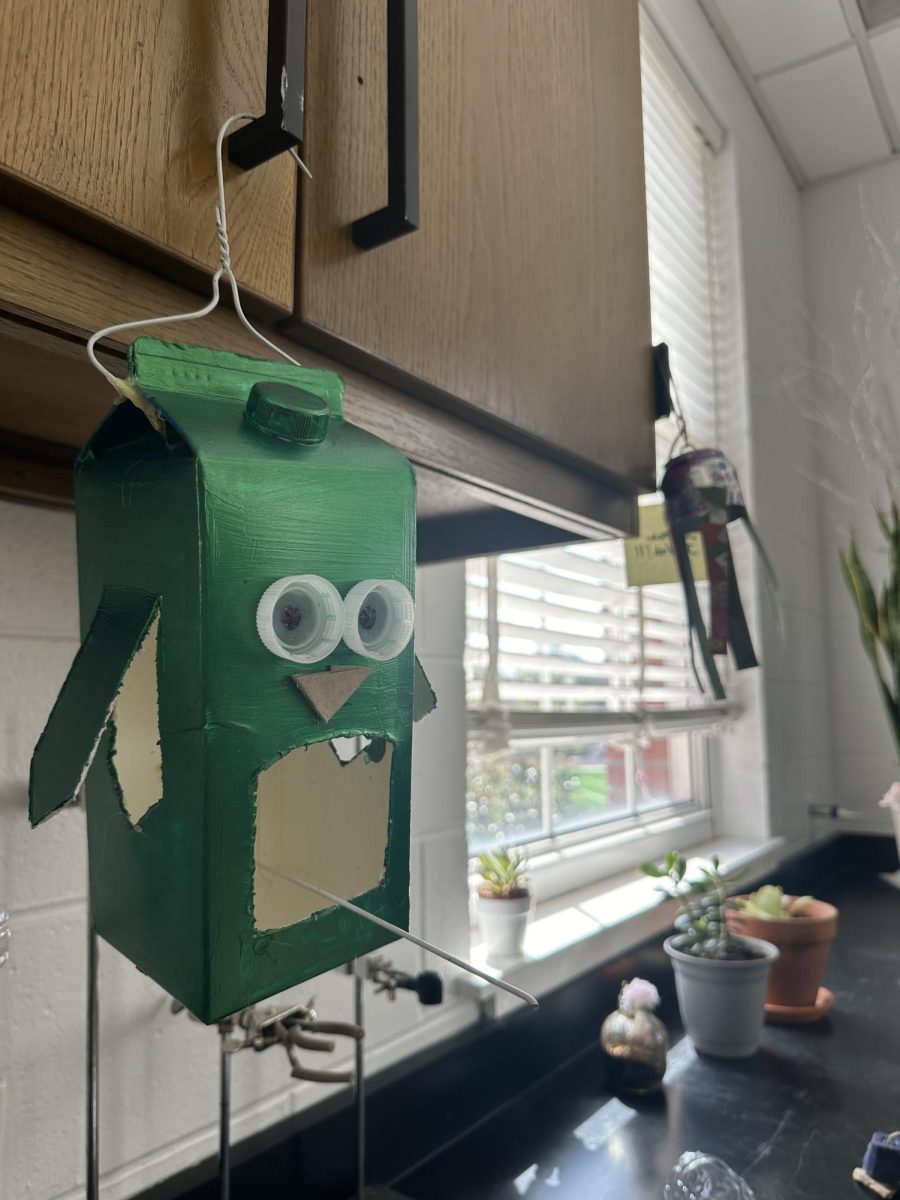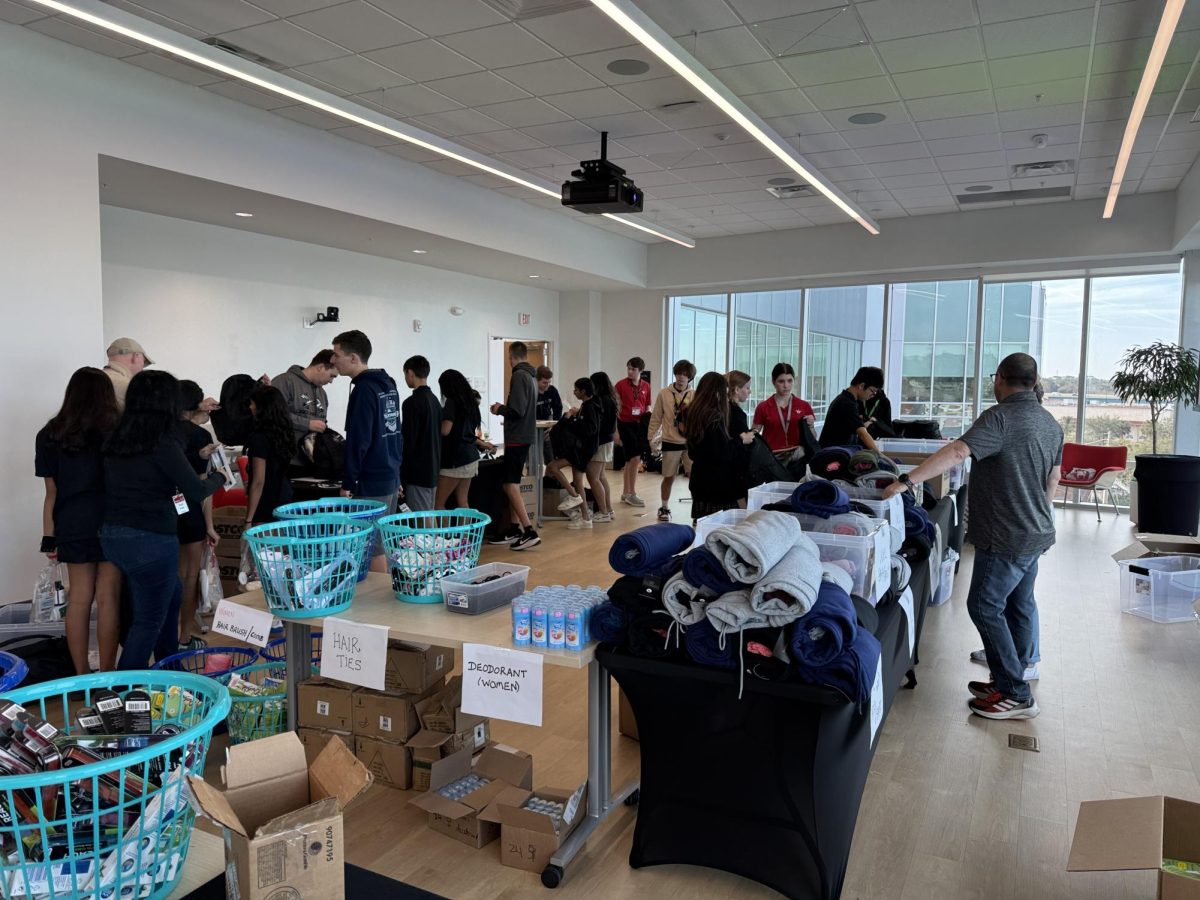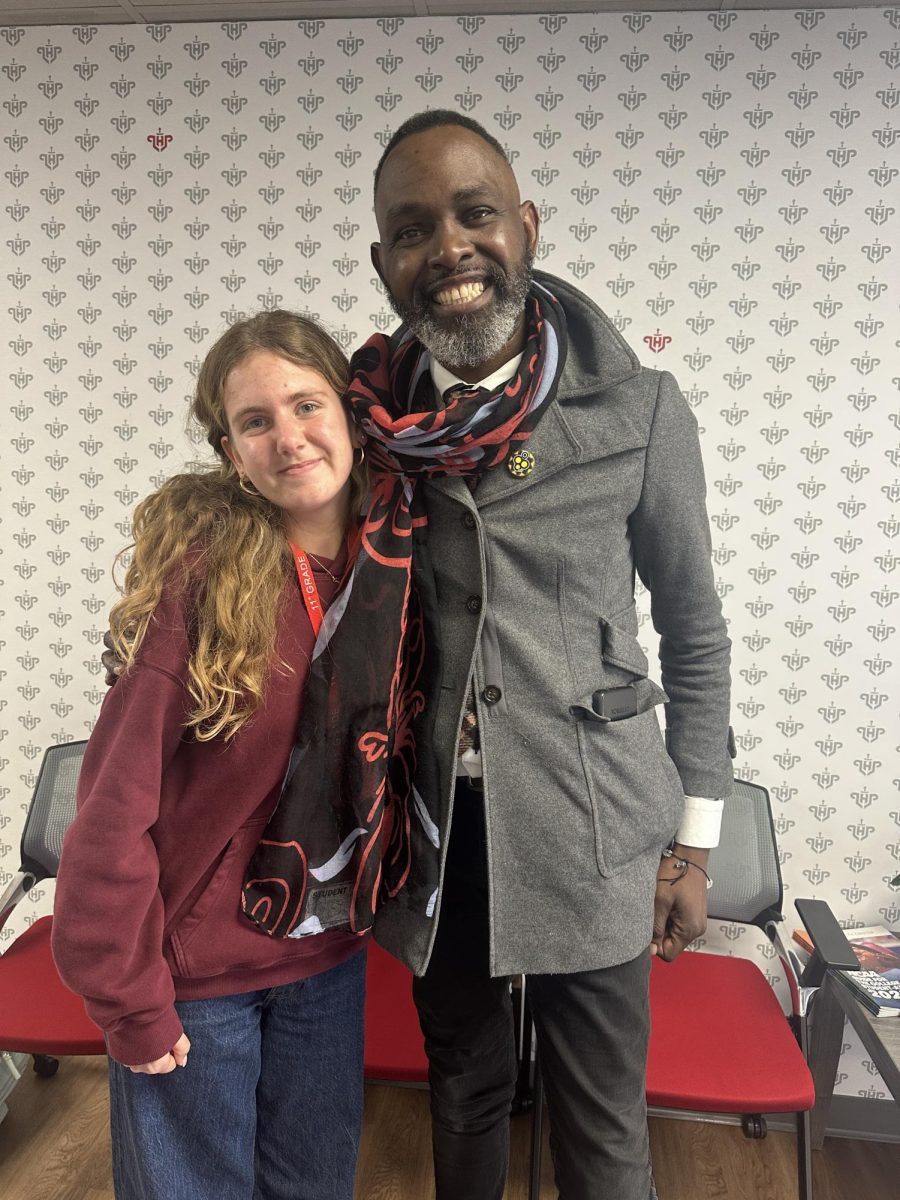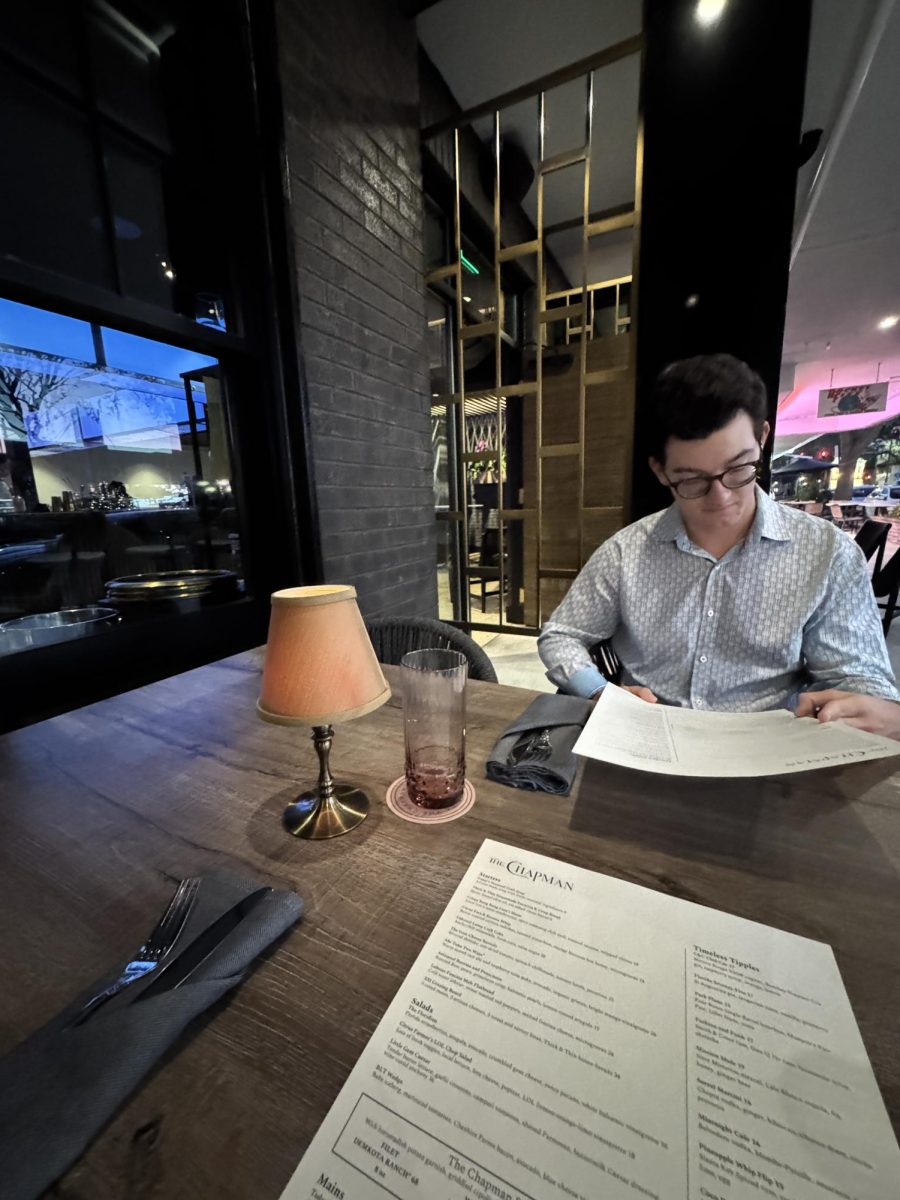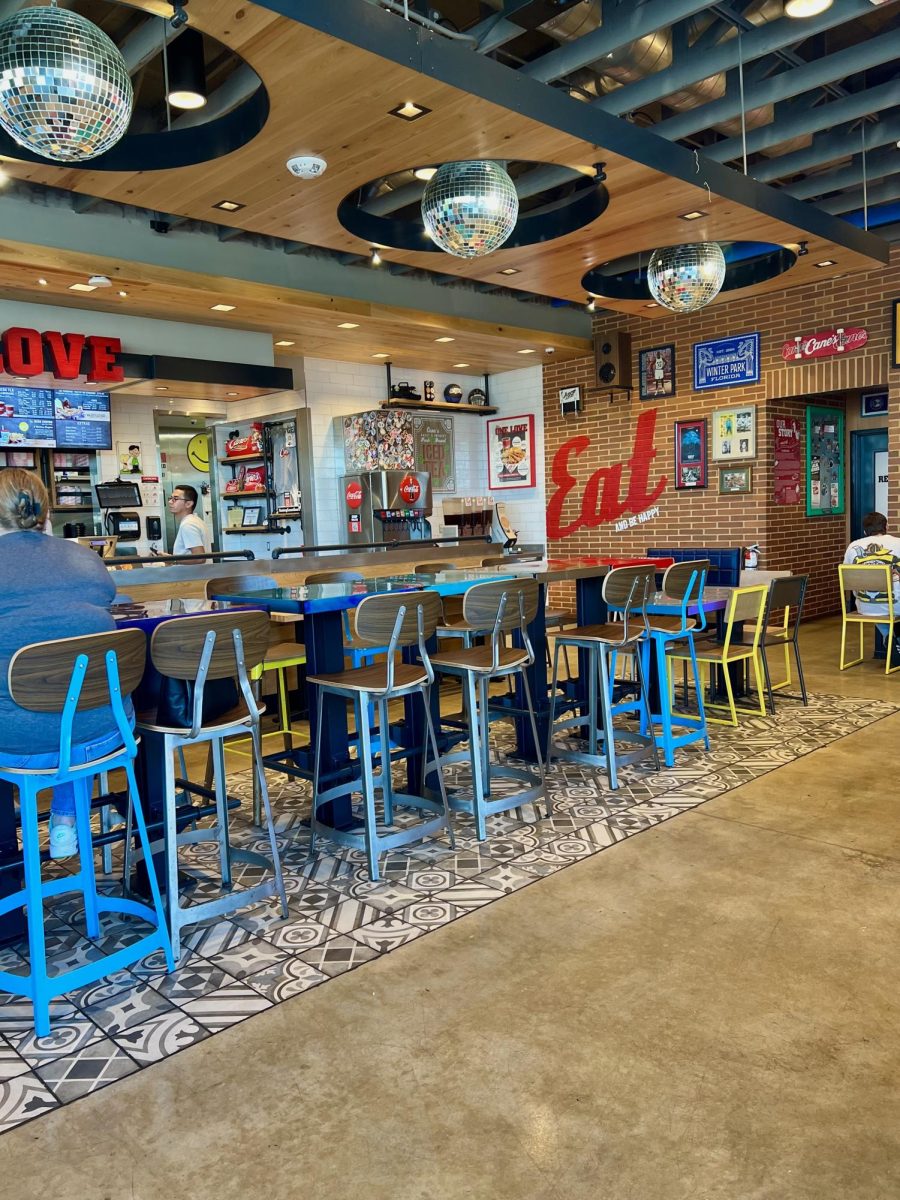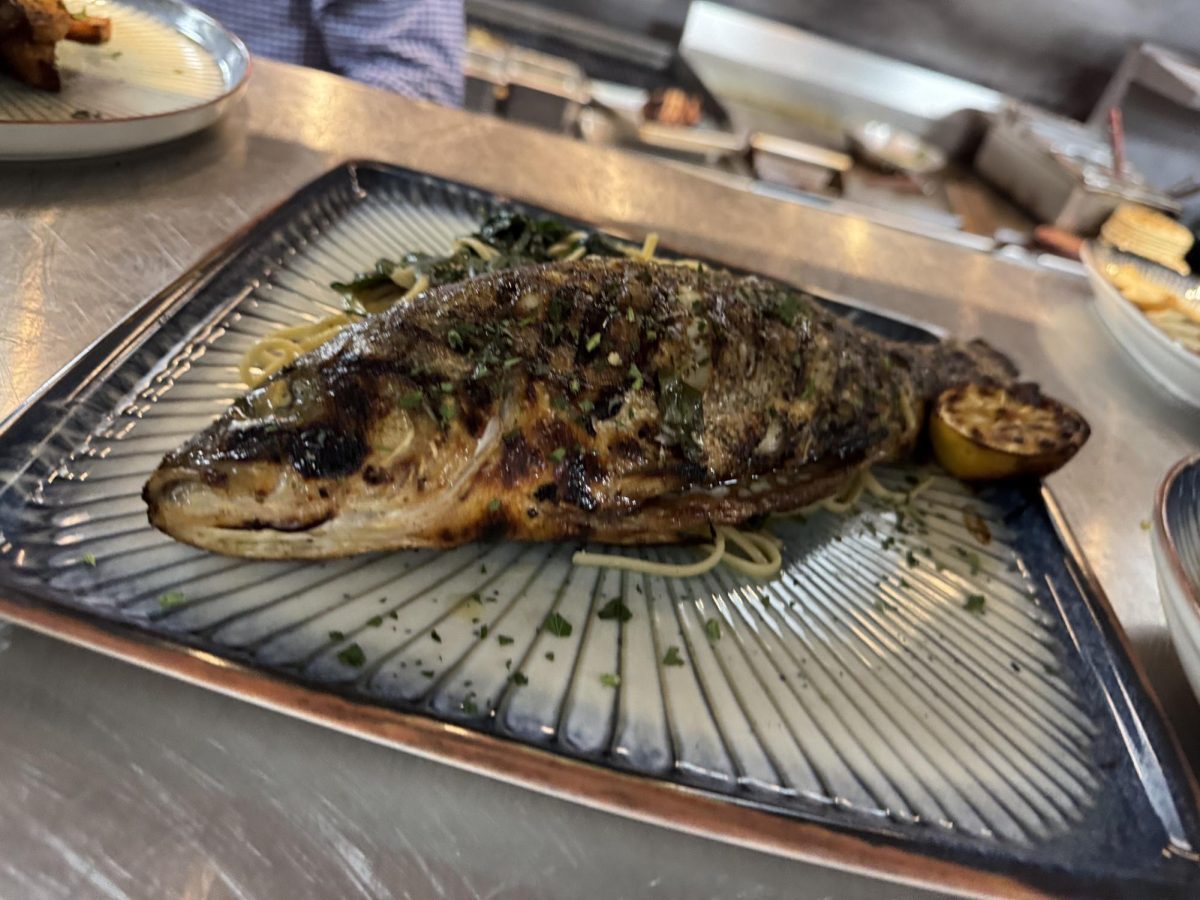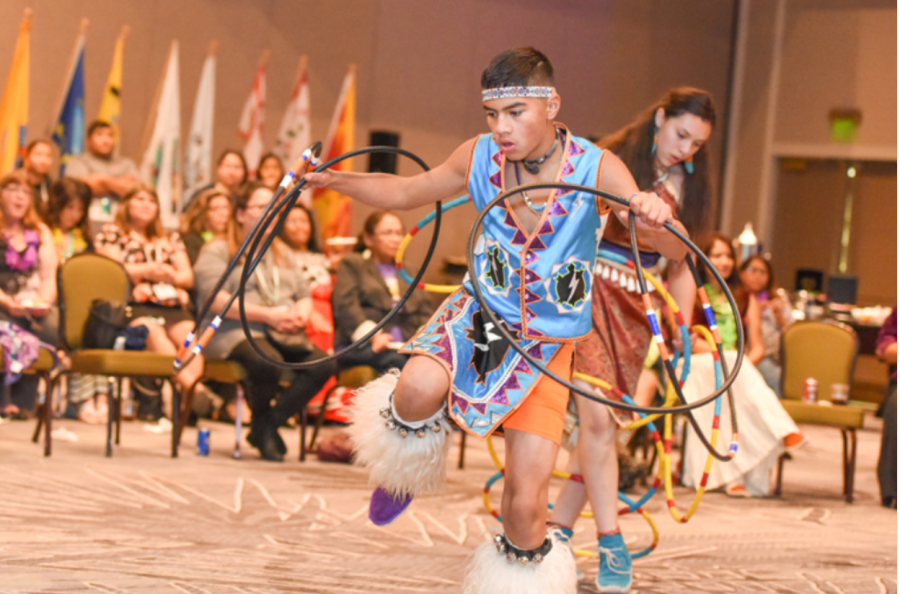Boys & Girls Clubs Foster Equal Opportunity
March 4, 2022
For over a century and a half, the Boys & Girls Clubs of America have provided after-school programs free of charge for young people. Famous alumni, such as baseball shortstop Alexander Rodriguez, rapper Nick Cannon, Orlando mayor Jerry Demings, Jason Derulo, Jennifer Lopez, “Sugar” Ray Leonard and more, frequented the club benefiting from its stability and encouragement to dream big. However, beyond these Hall of Famers, lesser known alumni have had their lives turned around by Boys & Girls Clubs.
The organizations guiding motto, “To enable all young people, especially those who need us most, to reach their full potential as productive, caring, responsible citizens,” leads the clubs in everything they do and every dollar they spend. The Boys and Girls Club of Central Florida provides programs in ballet, basketball, dress for success, money management, college readiness, flag football, engineering, vocational exploration, and more. The Central Florida chapter boasts 36 locations in Orange, Osceola, Seminole, Brevard, Lake, and Nassau counties. The clubs are funded by generous donations and by the profits from the clubs’ thrift stores. The average neighborhood for a Central Florida club ranks in the 12th percentile for income and 71st for incarceration rates. Although anyone can attend a Boys & Girls Club, the mission of the goal is targeted towards children from underprivileged backgrounds who otherwise would have no after school activities due to lack of funds.
The college readiness program is a key component of the clubs’ impact, helping underserved students, majority of which are from first generation college families, connect with scholarship programs to afford higher education. The College Access program provides one-on-one mentoring for students about their goals and aspirations, giving them a more in-depth planning guide than a school counselor would go into. It also presents students with college tours and test preparation. Partaking in the activities at a club helps amplify applicants’ extracurricular activities for a student who may otherwise not be able to afford sports, clubs, or music, like students with more economic privilege can.
As important as college preparation is, the real importance of Boys & Girls Clubs is providing a safe, stable environment for kids from troubled backgrounds. One of the first things kids get when they walk through the door is a hot meal to make them feel welcome and safe. The vast majority of members come from unstable families. An entire club was opened at The Coalition For the Homeless in downtown Orlando, dedicated to meeting the needs of homeless children and families. Club staff act as role models for the children and can be some of the most influential adult figures in the lives of club members. Most club staff are volunteers who are passionate about mentoring the next generation of American youth.
Palm Beach County may be known for the richness and glam of Palm Beach (the wealthiest city in Florida), but located just 45 minutes West is the city of Belle Glade, the poorest city in the state. There is little opportunity in Belle Glade, and one of the only things to keep kids busy and out of trouble is frequenting the club. This stark difference in opportunity is an issue the Boys & Girls Club tries to bridge. Mrs. Laura Finfrock, a partner with the Boys & Girls Clubs of Palm Beach County, emphasized, “To meet the challenges of tomorrow, we need to invest in our kids today.” Finfrock founded a scholarship for promising teens at the Belle Glade Teen Center to attend Palm Beach State College.
The Director of Operations for Palm Beach County, Anthony Davis, has an upbringing that mirrors many of the kids that come into his club. Being the second of four children born to teen parents, Davis was the first of his family to graduate high school. He then went on to graduate from UCF with a Bachelor’s in Business while playing on the football team. Upon graduating, Davis believed, “My life’s mission has [been] being an advocate for youth in America…I’ve been able to impact the lives of countless youth and young adults for the better. With a growing passion for helping bring forth the true greatness in people, I’ve realized that it was time to build something more substantial than [myself], yet small enough for anyone to [be a] part of.” Davis lives this vision by giving back to not just the Boys & Girls Clubs, but also local public schools, community colleges, YMCAs, and churches.
America praises itself for being a land of equal opportunity, but insight into the vicious cycle of poverty will show that from birth there is not an equal playing field. Hard work can help break these barriers, but without resources to help young kids bring their dreams to fruition, there can be no equality. Public schools provide free education for all U.S. residents regardless of race, gender, origin, and economic status; however, even this fundamental system is far from fair.
As children’s schools are funded by property taxes, people born with less money attend underfunded schools. This results in a poorer education and a reduced chance of attending prestigious higher education institutions, such as Harvard, Yale, and Stanford University. This is also coupled with many strains on home life that typically accompany Boys & Girls Clubs members, which can be a distraction to academic study. The clubs can supplement this lack of resources in public schools. Many of the activities found at wealthier public schools and private schools are non-existent at a school whose finances are thinly stretched. Additionally, public schools that fear the safety of their students cannot focus on building the characters and morals of their pupils. The clubs provide a safe space where students can explore creative outlets and feel secure enough in the present to contemplate the future.
